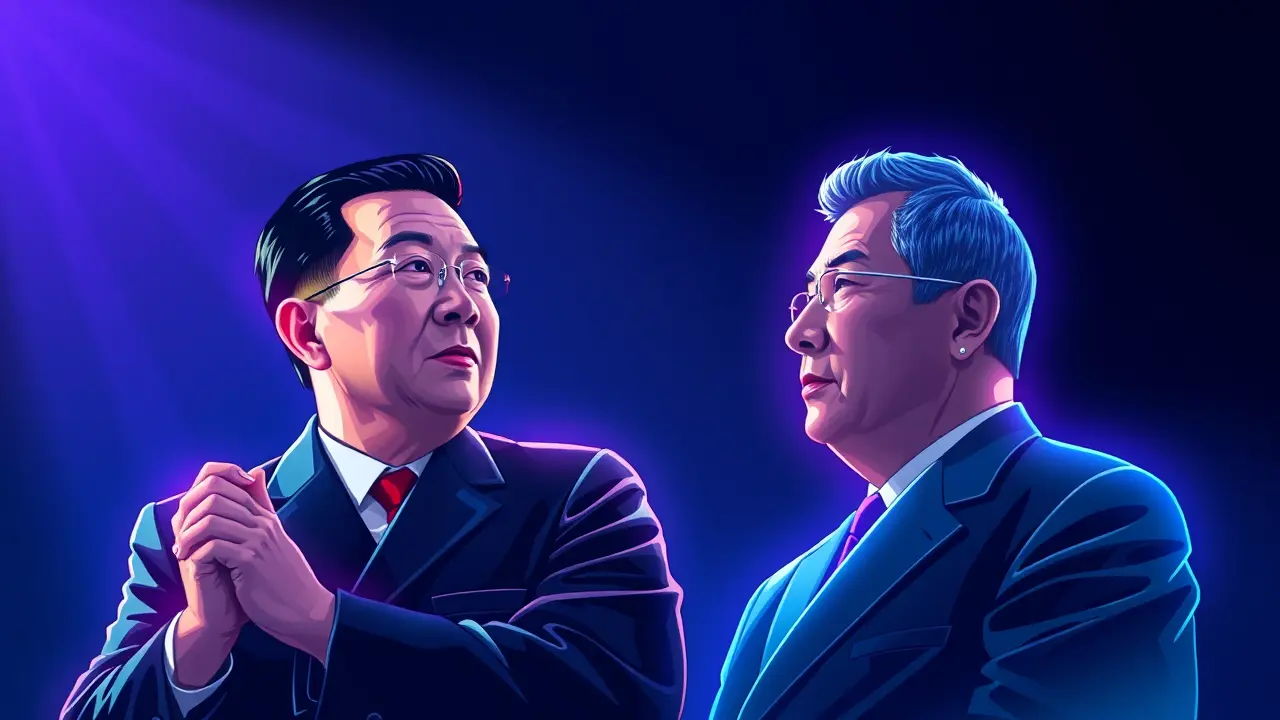Mongolian Prime Minister Ousted in Ruling Party Power Struggle
In a political maneuver as calculated as any presidential campaign ad, Mongolia's parliament delivered a stunning blow to Prime Minister Zandanshatar Gombojav, voting him out of office in a brutally public display of internal party warfare that exposes the deep fissures within the ruling Mongolian People's Party. This wasn't just a vote; it was a political execution, orchestrated by his chief rival, parliament chair Amarbayasgalan Dashzegve, who managed to pass a controversially worded resolution on Friday that effectively dismissed the prime minister from his post.The strategic genius of the move lies in its timing and public nature—this is political theater designed not just to remove a leader but to send a message to every faction within the party about where the real power resides. While the immediate fallout leaves a leadership vacuum, with it unclear who might step into the prime ministerial role, the broader implications are a masterclass in political strategy reminiscent of the knife-edge politics seen in Western democracies.The Mongolian People's Party, which has dominated the country's politics since its transition to democracy, is now facing its most public internal crisis, a power struggle that could redefine its platform and its relationship with key economic partners like China and Russia. This ouster isn't an isolated incident; it's the culmination of months, perhaps years, of behind-the-scenes jockeying, policy disagreements over mining contracts and economic sovereignty, and personal ambitions clashing in the halls of power.Observers of political strategy will note the precision of the attack: using a parliamentary resolution to force a resignation rather than a messy no-confidence vote showcases a level of media and procedural warfare that signals a new, more aggressive phase in Mongolian politics. The resignation request from Dashzegve himself, debated concurrently, adds another layer of tactical brilliance—is it a genuine offer or a calculated move to control the narrative and appear above the fray? In the high-stakes game of political chess, this play effectively checkmates the prime minister while positioning his rival as both the aggressor and the potential stabilizer.The consequences are profound: investor confidence in Mongolia's vast mineral resources, a cornerstone of its economy, may waver as political instability threatens contract certainty and regulatory frameworks. Historically, such internal ruptures in dominant parties have either led to renewed strength through consolidation or triggered a period of prolonged infighting and electoral decline—the path Mongolia takes now will depend on whether the victors in this struggle can unite the party or if the factions simply regroup for the next battle. This is more than a personnel change; it's a seismic shift in the political landscape, a case study in how modern political machines operate when internal cohesion breaks down, and a stark reminder that in politics, the most dangerous enemies are often the ones who sit across from you in the same party meeting.
It’s quiet here...Start the conversation by leaving the first comment.
